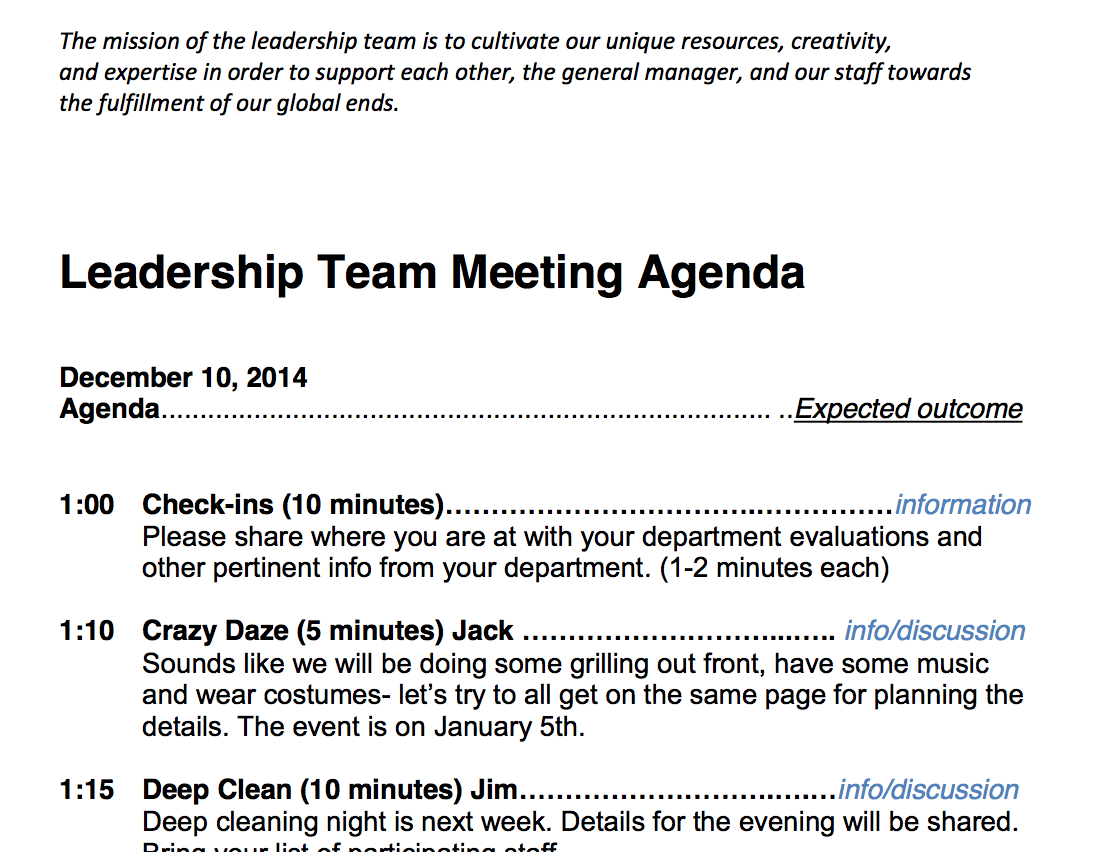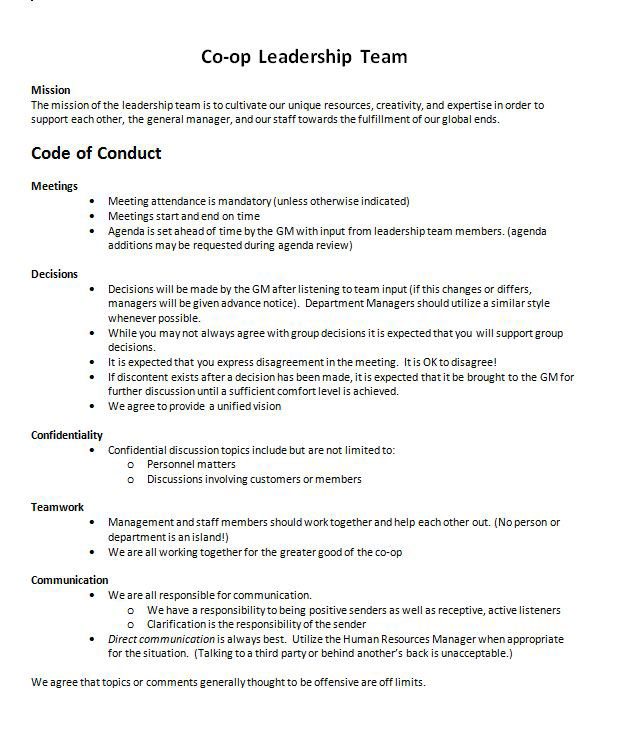Board Discipline
In order to be effective in leading a retail food cooperative, a board must protect the integrity of its process. Two keys to sound board process are the ability to speak with one voice and the ability to protect confidential information. Most often these objectives are achieved with a shared understanding of the board’s roles and responsibilities, by establishing a set of clearly articulated [...]
Communities: Align, Engage, and Participate
At Mississippi Markets, successful growth means defining the key stakeholders, and then working to align, engage, and foster participation. For their expanding Twin Cities cooperative, the formula seems to be working!
How to Use Committees to Help the Board to do Board Work
Properly structured and monitored board committees can be a good way for a board to accomplish specific board tasks and to ensure that ongoing, repeating processes are carried out. Small groups of people working together are nimble, effective and fun! Improperly used committees can waste precious board time and energy, and at worst can undermine the Board’s relationship with its General Manager and the [...]
Dealing Responsibly with Operational Concerns
Directors who are diligently trying to fulfill their fiduciary duty regularly notice things within their co-op that may be cause for concern – or at least worth asking about. At the same time, these same directors want to honor the Board’s clear delegation to the GM and that GM’s professional judgment. How can responsible directors do both? This Field Guide will outline an approach [...]
Using EL monitoring reports as the basis of a strategic conversation
This process is a variation of the one described in the “Boards Acting on Ends Reports” Field Guide. Not all limitations monitoring reports will warrant this extra attention, but sometimes this approach can elevate the board’s monitoring work from basic fiduciary oversight into a more meaningful strategic conversation. Along with determining whether the report demonstrates reasonable accomplishment, the board can use a structured process [...]
Effective Boards and Teams: Structure and Accountability
Please refer to the Startup Policy Template referenced in the video
Electronic Communication
Many boards of retail food cooperatives rely heavily on electronic communication tools to handle logistic and administrative matters and to share and store board documents. For a board with strong communication skills, properly used electronic tools facilitate the administrative details of board service. For boards working to build trust and communication skills, email in particular can create or add to misunderstandings. Electronic Communication basics: [...]







